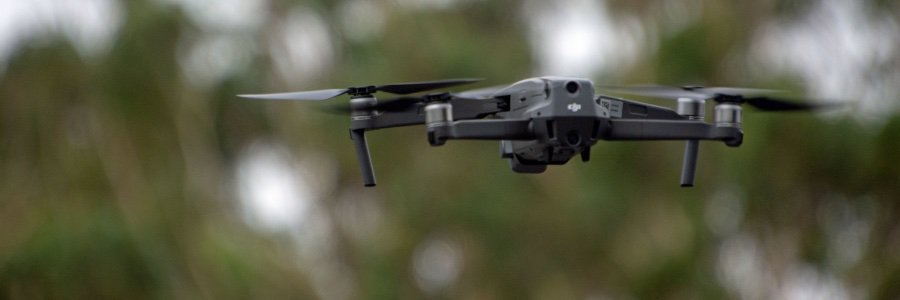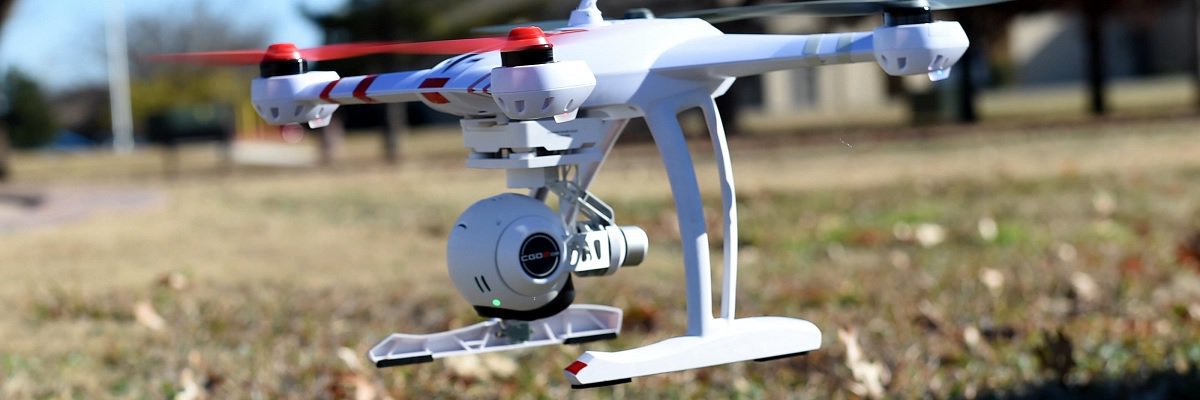After months of stalling, the Federal Aviation Administration has at last released an updated list of waivers to fly drones in national airspace. New approvals include the ATF and Army Corps of Engineers, Michigan State Police and local cops in Mobile and Daytona Beach … plus the Florida Keys Mosquito Control District.
The FAA is in no hurry to let the public know which police departments, universities and other government agencies have applied for drone waivers, much less which have received them. It took a lawsuit in April 2011 to get the first list released at all, and the FAA hasn’t released an updated one since January 2013.
MuckRock submitted its Freedom of Information Act request late last November, which the FAA initially denied on wobbly grounds of ongoing litigation.
The FAA next tried utter silence and then absurd fees — they tossed out a figure of $446 per waiver, which we swiftly shut down — before finally agreeing after the seventh followup to process the request. The due date was set for April 2 … then bumped to June 9 … and then extended to July 7 … and August 7 … and finally September 5.
Again, all this delay was over a simple listing of which agencies had completed the drone waiver application process. We noted this repeatedly to FAA FOIA officials, but received no explanation for the holdup.
So imagine our surprise when, on September 2, the FAA at last mailed a photocopied-but-unredacted printout. At thirty-four pages long, this list includes each of the 935 drone waiver applications — more precisely, a “Certificate of Waiver or Authorization” or “COA” — completed from November 1, 2012 through June 19, 2014.
It took another three weeks to get an electronic copy of the spreadsheet, which federal law requires the FAA to provide:
A status of “Active (Approved)” confirms that the agency received a waiver to fly drones in a particular geographic area. The Bureau of Alcohol, Tobacco and Firearms (ATF), for instance, which reported spending some $600,000 on unmanned vehicles as of May 2013, has two active drone waivers that expire in April 2015 and January 2016, respectively. ATF had not appeared on previous FAA lists.
Statuses of “Pending”, “Released”, “Validated” or “Validation Completed” indicates that the application is working its way through the review process, which is supposed to be completed in 60 business days. The five applications listed as “Disapproved” were rejected by the FAA, while “Cancelled” waivers were withdrawn from consideration.
Read Shawn’s full analysis of the data over at Motherboard.
Image by Smiley.toerist via Wikimedia Commons and is licensed under CC BY-SA 3.0




